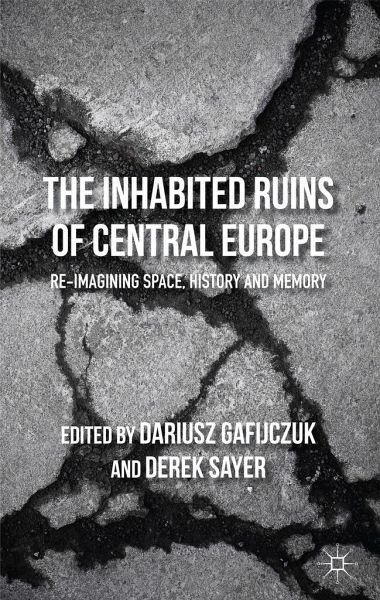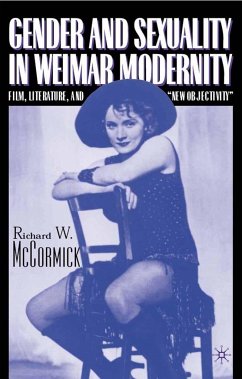
The Inhabited Ruins of Central Europe
Re-Imagining Space, History, and Memory
Herausgegeben: Gafijczuk, D.; Sayer, D.

PAYBACK Punkte
19 °P sammeln!
Focusing on Central Europe, the volume proposes a new paradigm of how culture works, based on a model of "inhabited ruins" as a space where contradictory elements come together into continually renewed and frequently paradoxical configurations. Examines art, architecture, literature and music.














